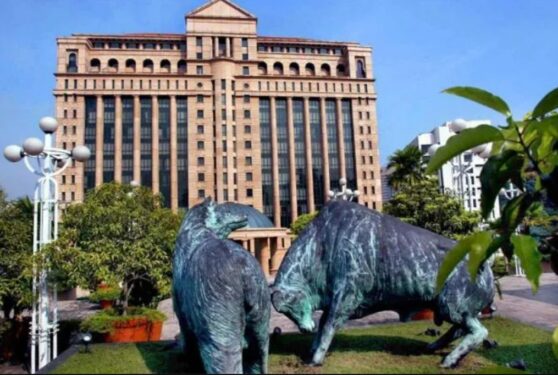LONDON: British government borrowing is on course to surge to around £350 bil (RM1.88 tril) this year following new Covid-19 spending announced by finance minister Rishi Sunak, and could rise higher still, a leading think tank said on Thursday.
“Back in March, the government forecast a deficit of about £50-60 bil this year. Our current estimate is it could well be around £350 bil,” Institute for Fiscal Studies (IFS)£ deputy director Carl Emmerson said.
The IFS said Sunak was likely to be looking to support the economy again in the autumn although that next phase of help would probably be more targeted.
Sunak on Wednesday announced subsidies for firms that bring employees back from furlough, temporarily scrapped purchase taxes for properties costing under £500,000 and cut value-added tax on spending at hotels and restaurants.
These and other recent measures would cost £30 bil, while previous measures announced since March would cost £30 bil more than first thought, according to the finance ministry.
Huge uncertainty surrounded exactly how much Britain would borrow this year due to the economic damage from Covid-19, but as a share of output it was on course to be its highest outside wartime in more than 300 years, Emmerson added.
Taxes would probably have to rise to bring down some of the borrowing once the economy was back to normal, but the current focus had to be on ensuring a strong recovery from the massive economic hit dealt by the coronavirus, the IFS said.
Sunak said earlier on Thursday that he would take steps to put the public finances back on a sustainable footing once he had a clearer view of how the economy was recovering its deep recession.
It was too soon to judge if Sunak was right to stick to his plan to phase out his furlough scheme that supports more than 9 million jobs by the end of October, the IFS said.
But IFS deputy director Helen Miller said there was a strong case that the cuts in property purchase taxes and VAT (value added tax) were premature and poorly targeted.
Property transactions were already on track for a rebound as the lockdown lifted while VAT cuts meant help would flow disproportionately to hospitality firms that were less affected by coronavirus and are able to ramp up sales most quickly.
Encouraging people to eat in restaurants rather than take food away appeared risky on health grounds just days after the government lifted a ban eating in restaurants, Miller added. – July 9, 2020, Reuters










